In a globalized world, it is no longer sufficient to refer solely to the VDE as the measure of all things. Even within Germany, the expert electrical specialist must know more than the VDE. This starts, of course, with standards at the European level.
European standards are developed by the European standards organizations. Experts from the respective member countries are convened as their representatives to vote on new standards.
Voting is done collectively and democratically, with the weighting of votes based on the respective population size. Germany has one of the higher voting weights. The task of the members includes, at national level, to transpose European standards unchanged into national standards and, if necessary, to withdraw conflicting national standards.
This ensures a high level of legal certainty of a uniform, European standard. European standards are then adopted by one of the three European standardization bodies:
- European Committee for Standardization (Abbreviated: CEN).
- European Committee for Electrotechnical Standardization (abbreviated to CENELEC).
- European Telecommunications Standards Institute (Abbreviated: ETSI).
Coordination processes are also taking place at a higher, international level, leading to the emergence of increasingly harmonized VDE, EN and IEC standards in electrical engineering as well. IEC stands for
“International Electrotechnical Commission”
which operates as an organization at the international level, comparable to the European Committee for Electrotechnical Standards described above. This means that there may be standards which have both a VDE, EN and an IEC number. And i think that’s beautiful!
This was a brief insight into the standards beyond VDE for the expert electrical specialist. The knowledge of international and European standards of electrical engineering belongs to the basic knowledge of a competent electrical specialist and is also mentioned in the course Maintenance of professional competence electrical specialist.
PS: Our recommendation here: There are also courses offered by various providers, such as the aforementioned “
Maintenance of professional competence of electrical specialist
” or the “Recurring instruction for the electrical specialist (annual instruction)”. More information about this can be found on our homepage
www.tcs-engineering.de
We offer various open seminars as well as customer-specific in-house seminars.
“Over!” and an ES must be called in. Thus, a NOT provided, i.e. free troubleshooting, may only be performed by an electrical specialist. The ESfdt should also be kept up to date on a regular basis. Attending a maintenance of professional competence course is definitely an option. However, we are also happy to provide you with specialized offers.
Our free(REALLY free, even WITHOUT having to provide an email address!) paper “5 Things You Must Have Clarity About Before Qualifying and Deploying Your Employees for Electrical Engineering Work.” can be accessed here (click).
If you would like to know more about the different roles, in particular those of the EiP, ES, CRES and especially those of the CRES and how they interact, I recommend our publications, for example the audio book “Die Verantwortliche Elektrofachkraft: CRES-Struktur und Betriebliche Elektrosicherheit für Unternehmer, Fach- und Führungskräfte”. Information and sources of supply can be found on the usual audio book portals as well as on the homepage tcs-engineering.de
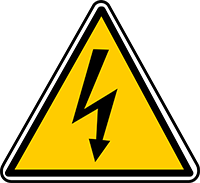

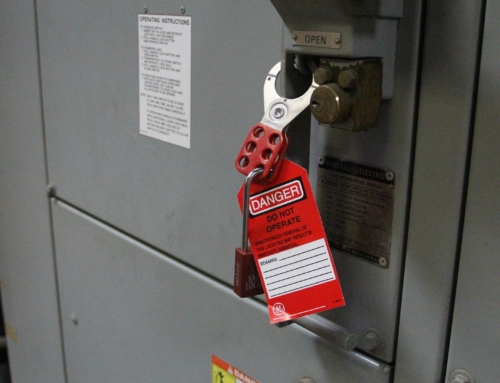


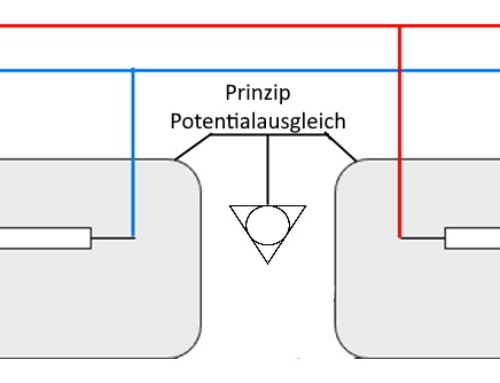
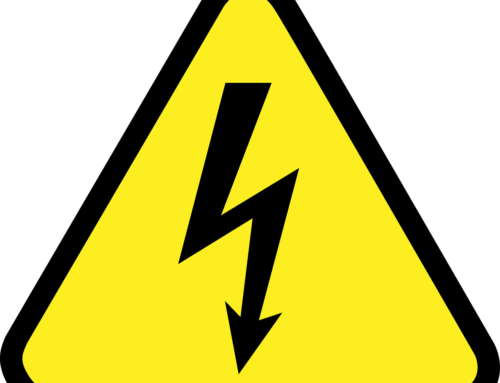
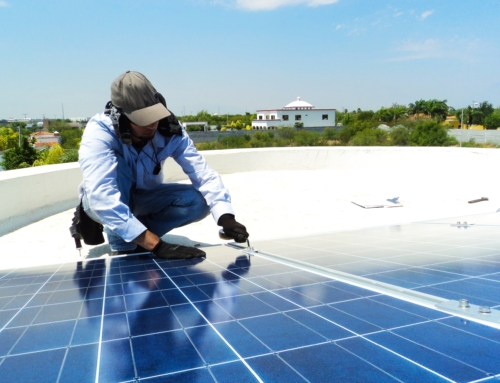

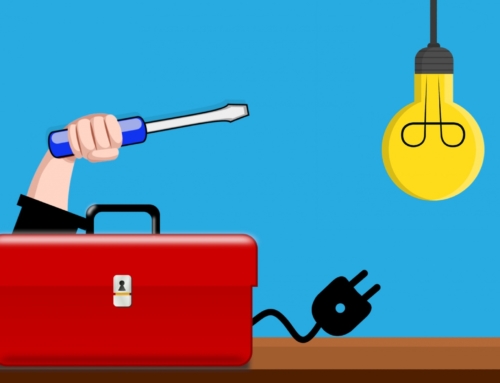
Leave A Comment